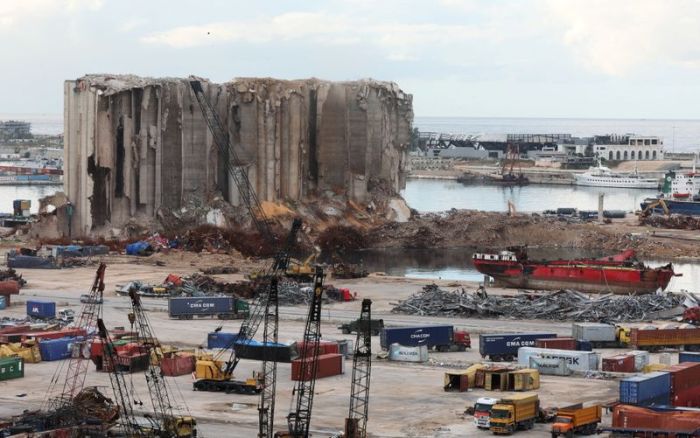LONDON (Reuters) – British Prime Minister Boris Johnson will pledge to end direct government support for overseas fossil fuel projects at a U.N. summit on Saturday, aiming to spur similar moves by other countries to help tackle climate change, his office said.
Britain, which is co-hosting the virtual summit ahead of climate negotiations in Glasgow next year, has faced accusations of hypocrisy from campaigners for continuing to finance climate-warming oil and natural gas projects abroad.
“By taking ambitious and decisive action today, we will create the jobs of the future, drive the recovery from coronavirus and protect our beautiful planet for generations to come,” Johnson said in a statement.
More than 70 world leaders from countries including China, India, Canada and Japan are due to unveil more ambitious climate commitments at the summit.
Britain would be the first major economy to commit to ending public finance for overseas fossil fuel projects.
“This policy shift sets a new gold standard for what serious climate action looks like,” said Louise Burrows, policy adviser with consultancy E3G. “Britain now has a mandate to mobilise other countries to follow suit.”
The UK Export Finance agency has offered guarantees worth billions of dollars to help British oil and gas companies expand in countries such as Brazil, Iraq, Argentina and Russia, Burrows said.
Johnson had faced particular criticism from campaigners for UKEF’s role in backing French major Total’s planned $20 billion liquefied natural gas project in Mozambique.
The government said the new policy would come into effect “as soon as possible” and would mean no further state support for oil, natural gas or coal projects overseas, including via development aid, export finance and trade promotion.
There would be “very limited exceptions” for gas-fired power plants within “strict parameters” in line with the Paris deal, the statement said.
(Reporting by Matthew Green, editing by Louise Heavens)

























